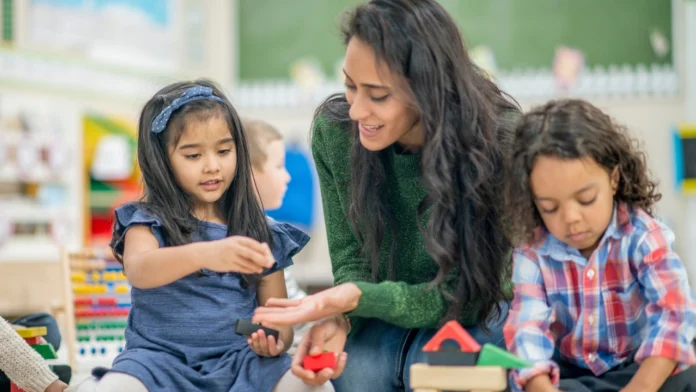The Central Board of Secondary Education (CBSE) organized a significant workshop titled “Parenting for Students’ Well-being” at Patel Vidyalaya in New Delhi. The initiative gathered principals from 150 CBSE schools across Delhi/NCR, aiming to provide them with effective strategies to support the emotional and psychological health of students.
Objectives of the Workshop
Rahul Singh, the chairperson of CBSE, emphasized the evolving challenges faced by parents today and highlighted the critical role schools must play in a child’s development. He shared insights from his own experiences, noting that parenting is a dynamic role with responsibilities that continually change. Singh stressed the importance of instilling values that contribute to a child’s happiness.
The workshop focused on equipping principals and faculty with knowledge and techniques to actively participate in children’s development. Key elements included:
- Expert-led Sessions: These sessions addressed the impact of parenting on shaping a child’s emotional and psychological health.
- Mental Health Focus: Discussions revolved around children’s mental health, emotional intelligence, and strategies for nurturing open dialogue between parents and children.
Role of Schools in Child Development
Schools play an essential role in a child’s holistic development, as children spend a significant portion of their day in educational settings. While parents are instrumental in shaping a child’s perspective, it’s vital to recognize the school’s influence during this formative period.
Social and Emotional Development
Schools are often the first environment where children learn to step out of their comfort zones and socialize. By equipping teachers with parenting techniques, schools can create structured environments that facilitate peer interaction, fostering social skills, empathy, and teamwork. Schools can also guide children toward self-expression through various extracurricular activities, focusing on guidance rather than pressure.
Personality Building
Teachers act as extensions of parents while children are at school. The way teachers address children’s issues can significantly shape their personalities. Supportive and empathetic responses from teachers can build a child’s confidence, while a dismissive attitude can have detrimental effects.
Preparing for Adulthood
Just as parents are responsible for their child’s education, educators also have a crucial role in preparing children for the future. Schools that effectively manage children’s issues can teach essential life skills, such as time management, goal setting, and problem-solving, which are vital for adulthood.
Character Development
Schools and teachers equipped with knowledge about child development can foster healthy environments and collaborative agendas with parents. Open communication between schools and families helps cultivate positive attitudes at home and school, promoting holistic growth in students.
Academic Development
Finally, schools play a primary role in academic development. They can implement special programs for students needing extra attention, ensuring inclusivity and catering to individual needs. The influence of teachers can significantly affect students’ academic success, as engaged teachers can ignite a passion for learning in their students.
Conclusion
The parenting workshops organized by CBSE are not intended to add to teachers’ workloads or replace parental roles. Instead, they are designed to enhance the skills of educators, enabling them to contribute positively to a child’s life. By fostering better collaboration between parents and schools, these workshops aim to create a supportive environment that nurtures children’s growth academically, socially, and emotionally.











